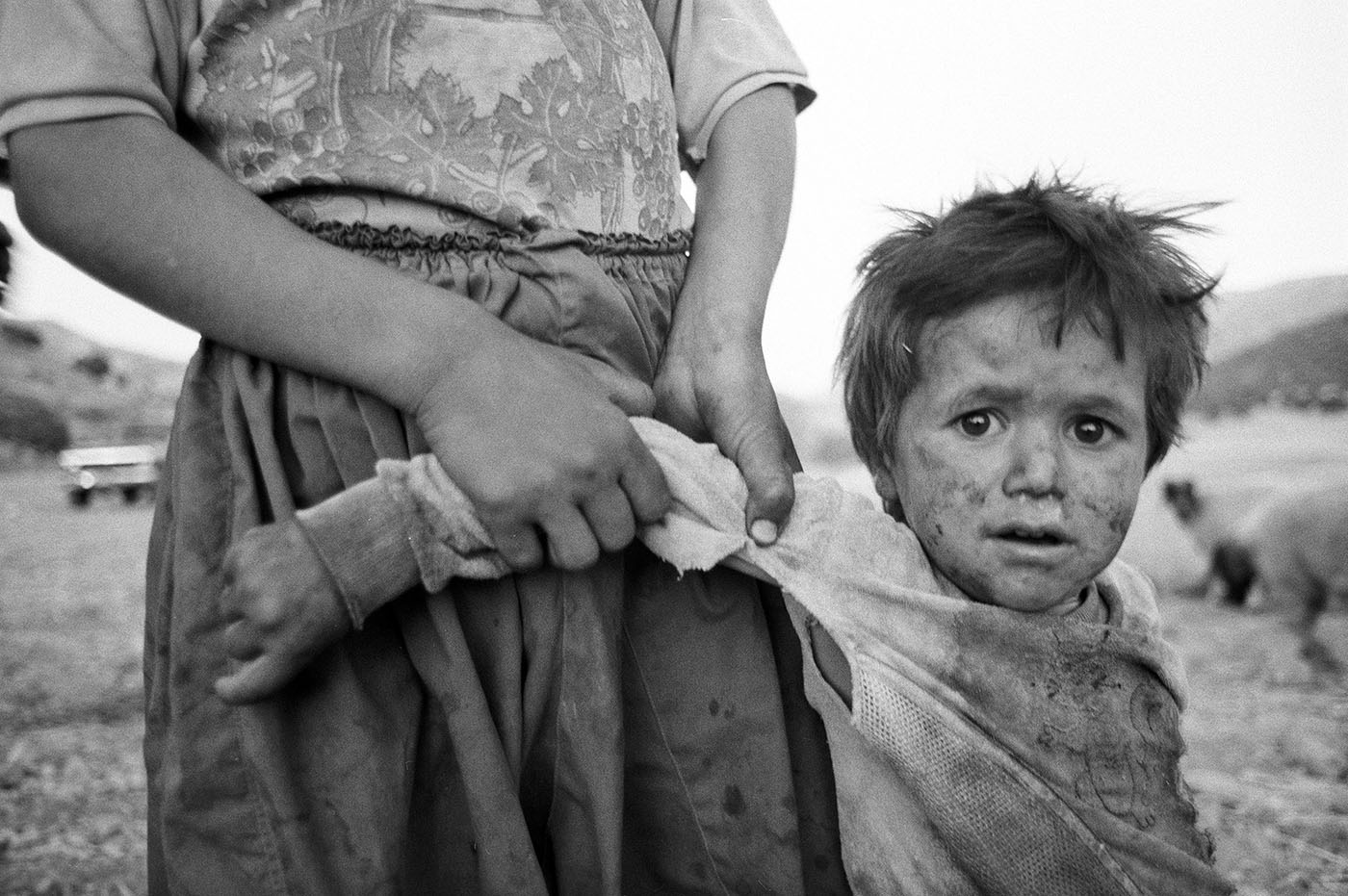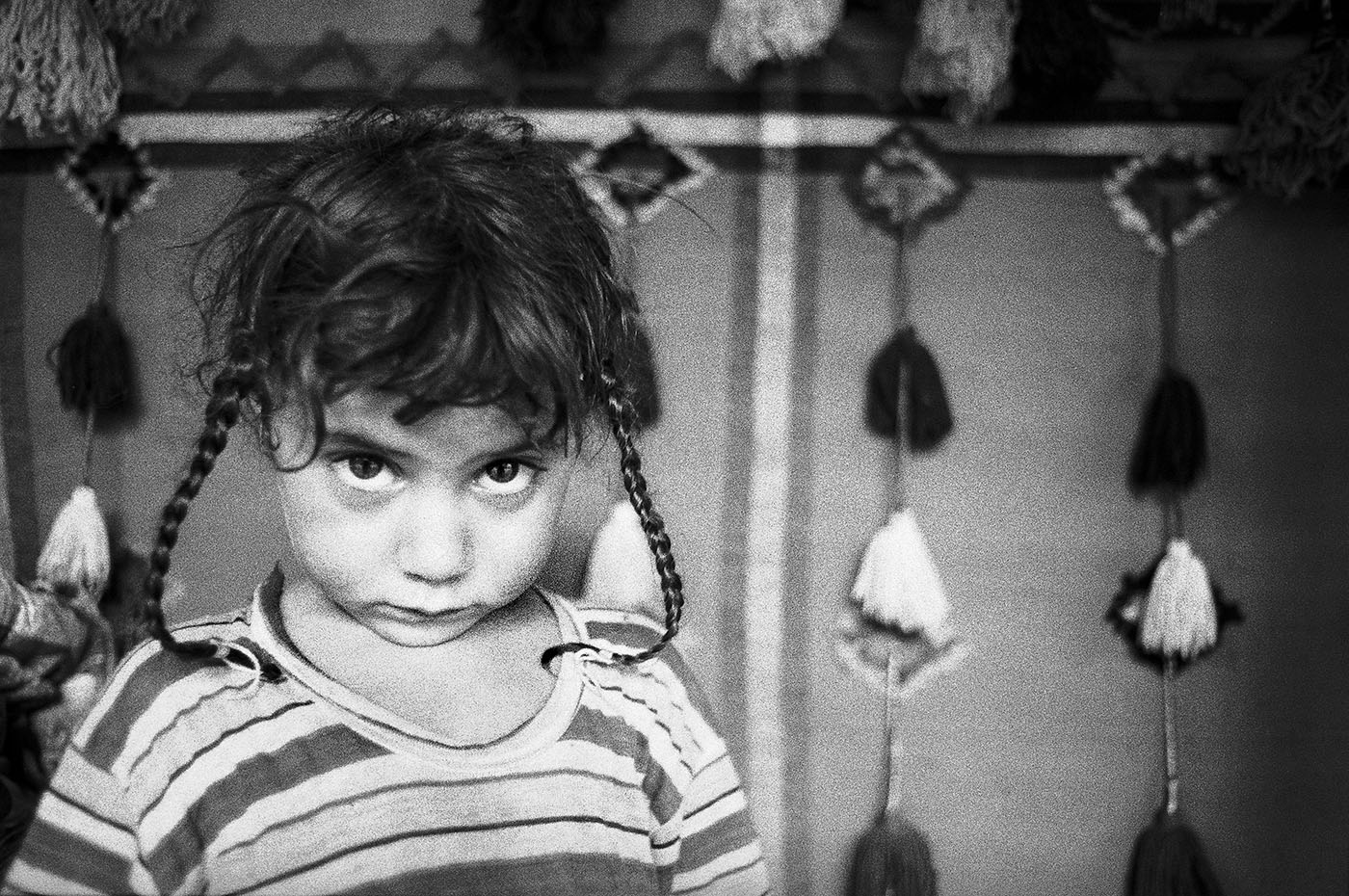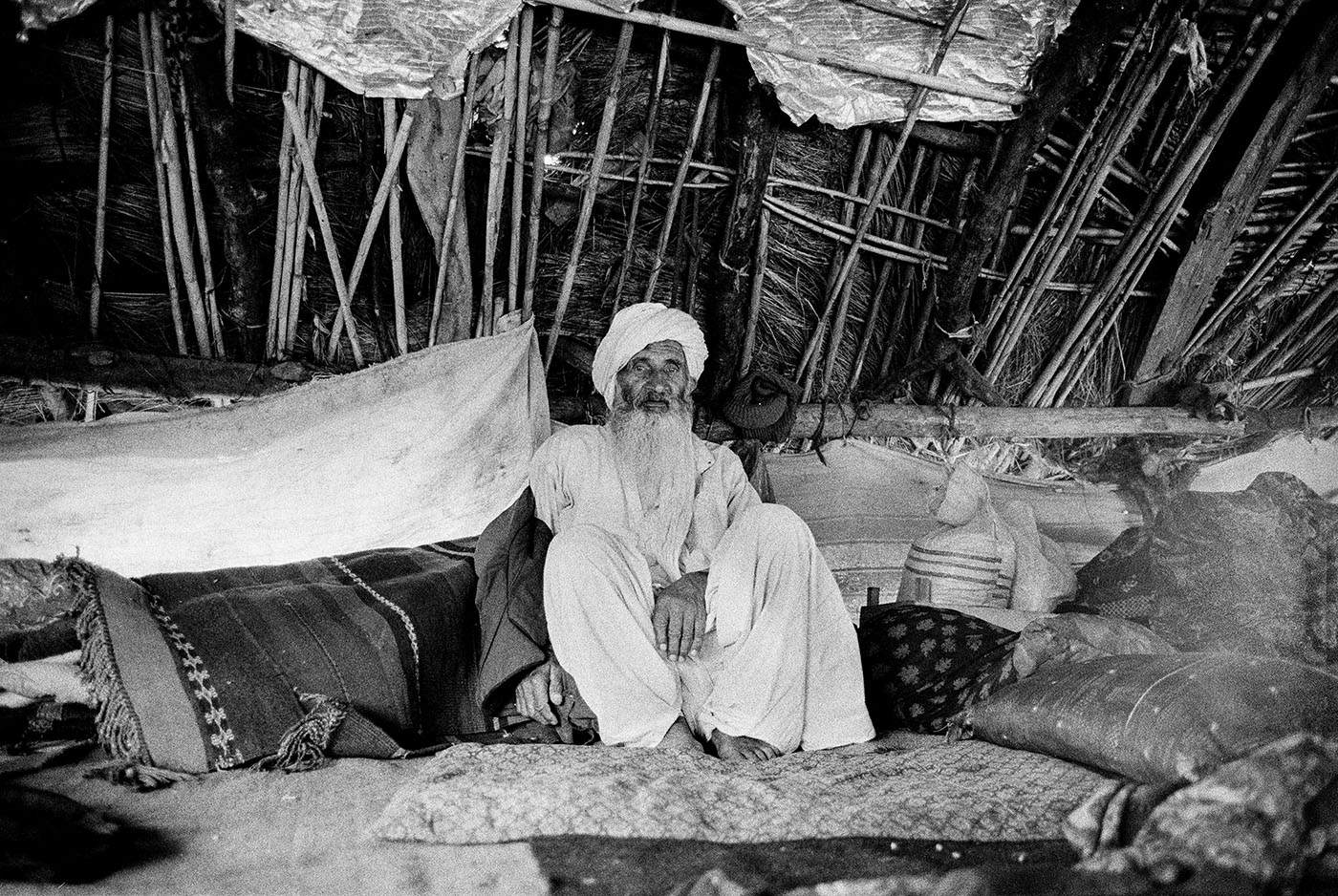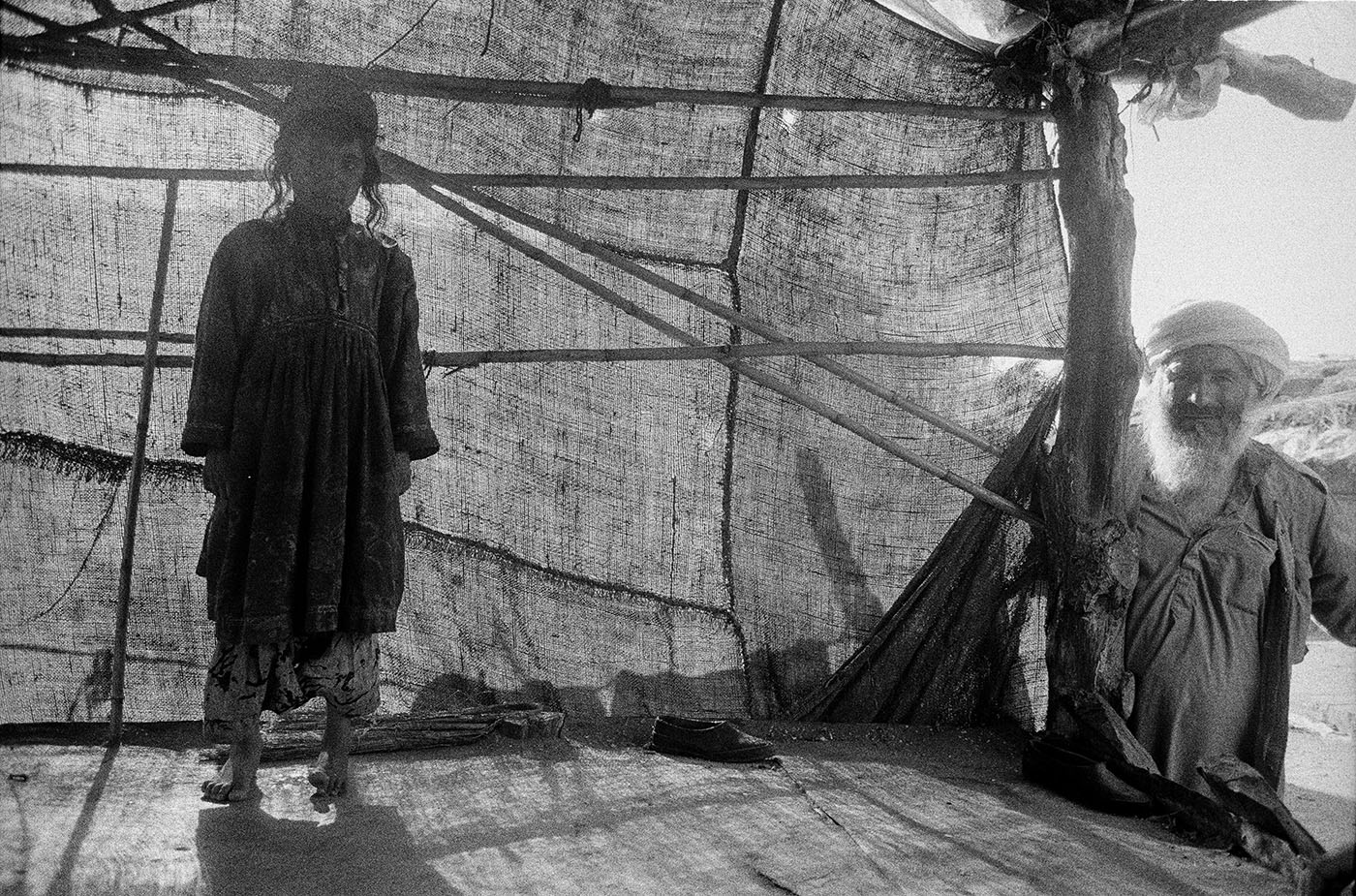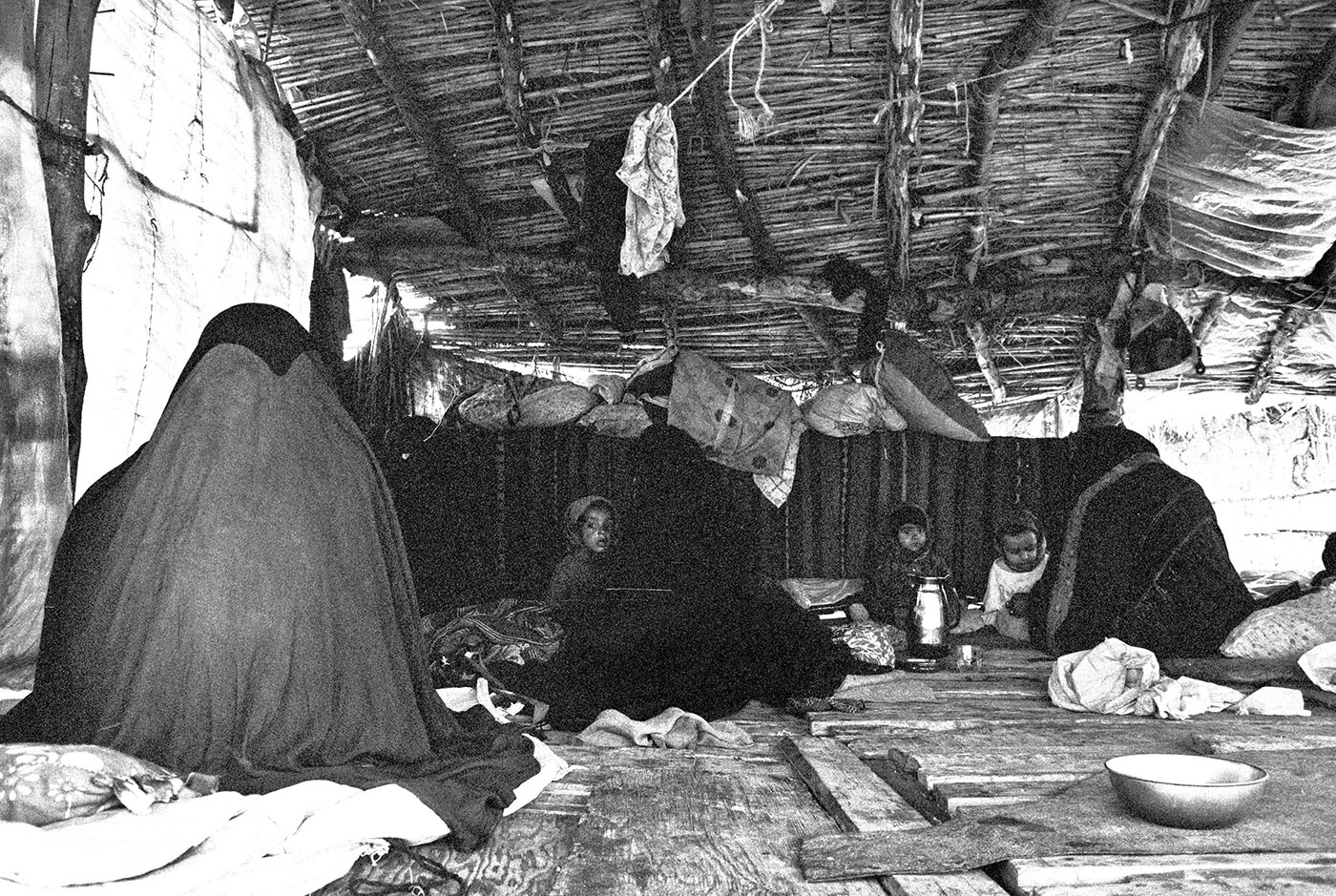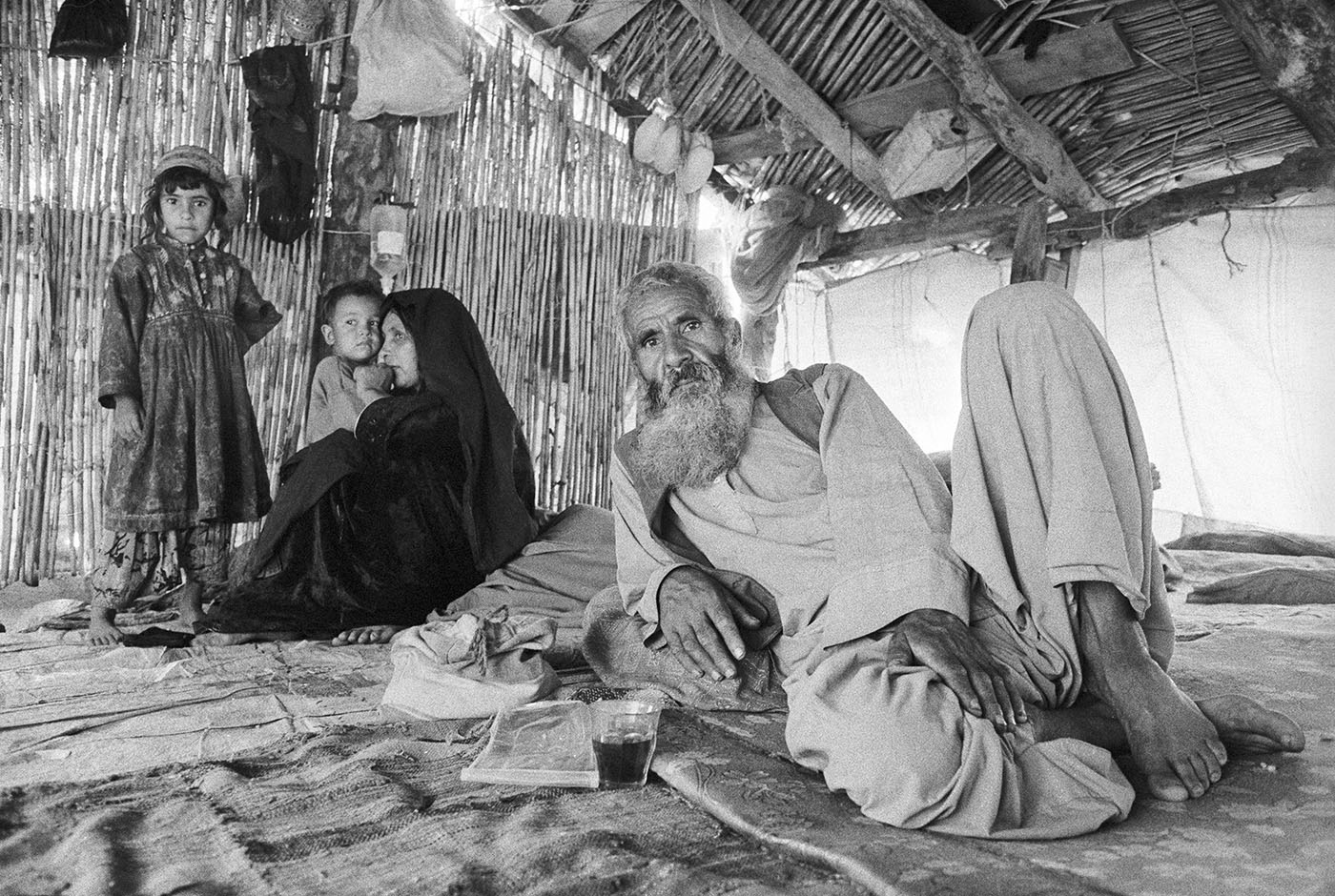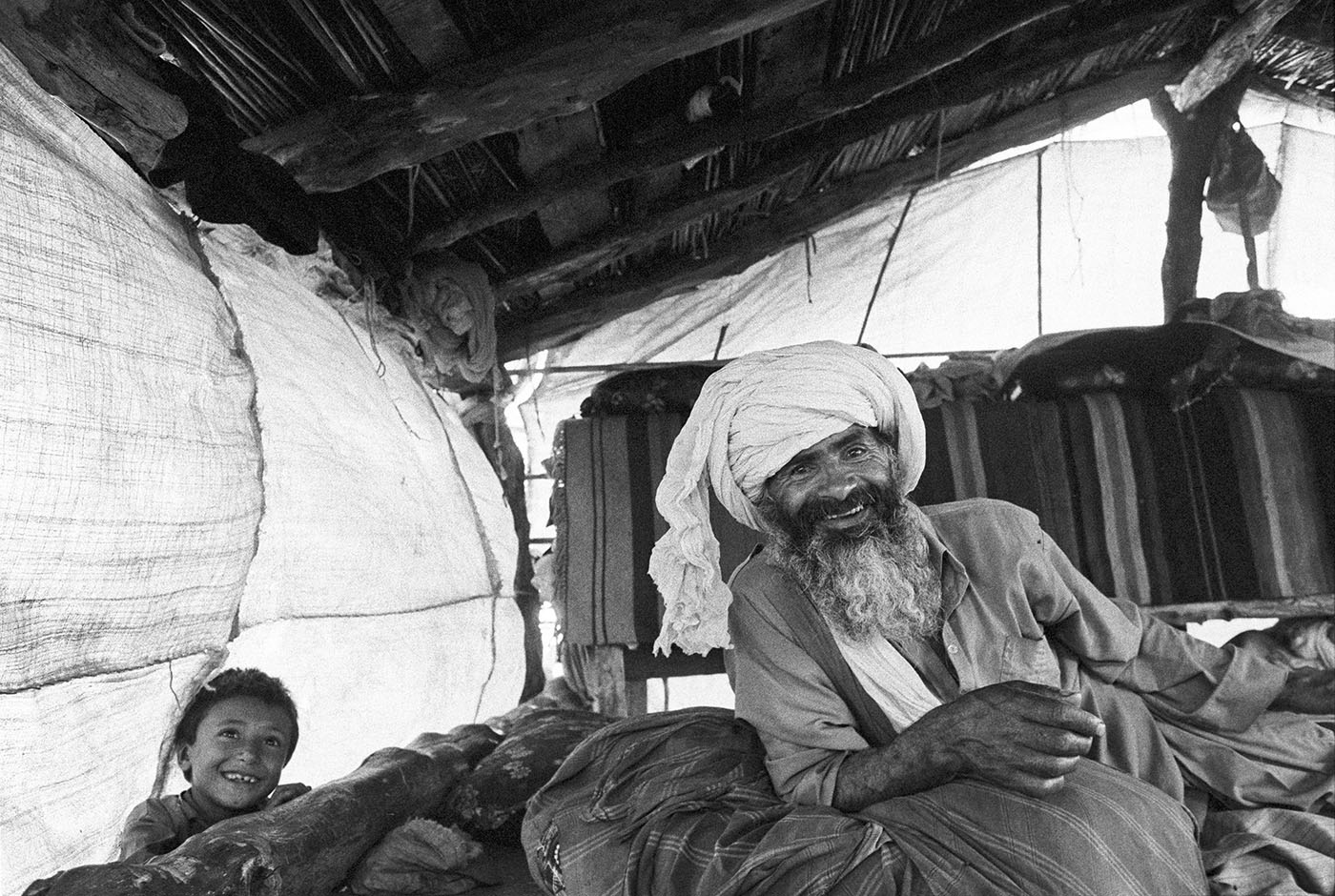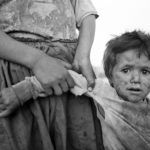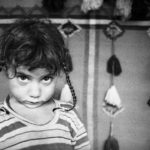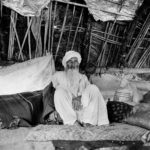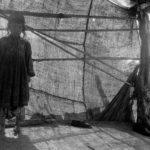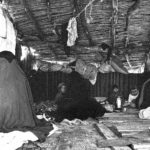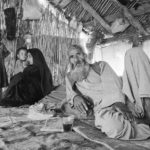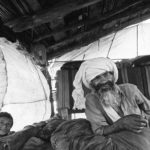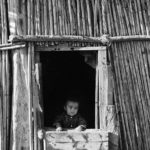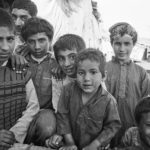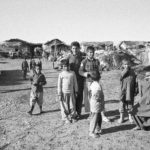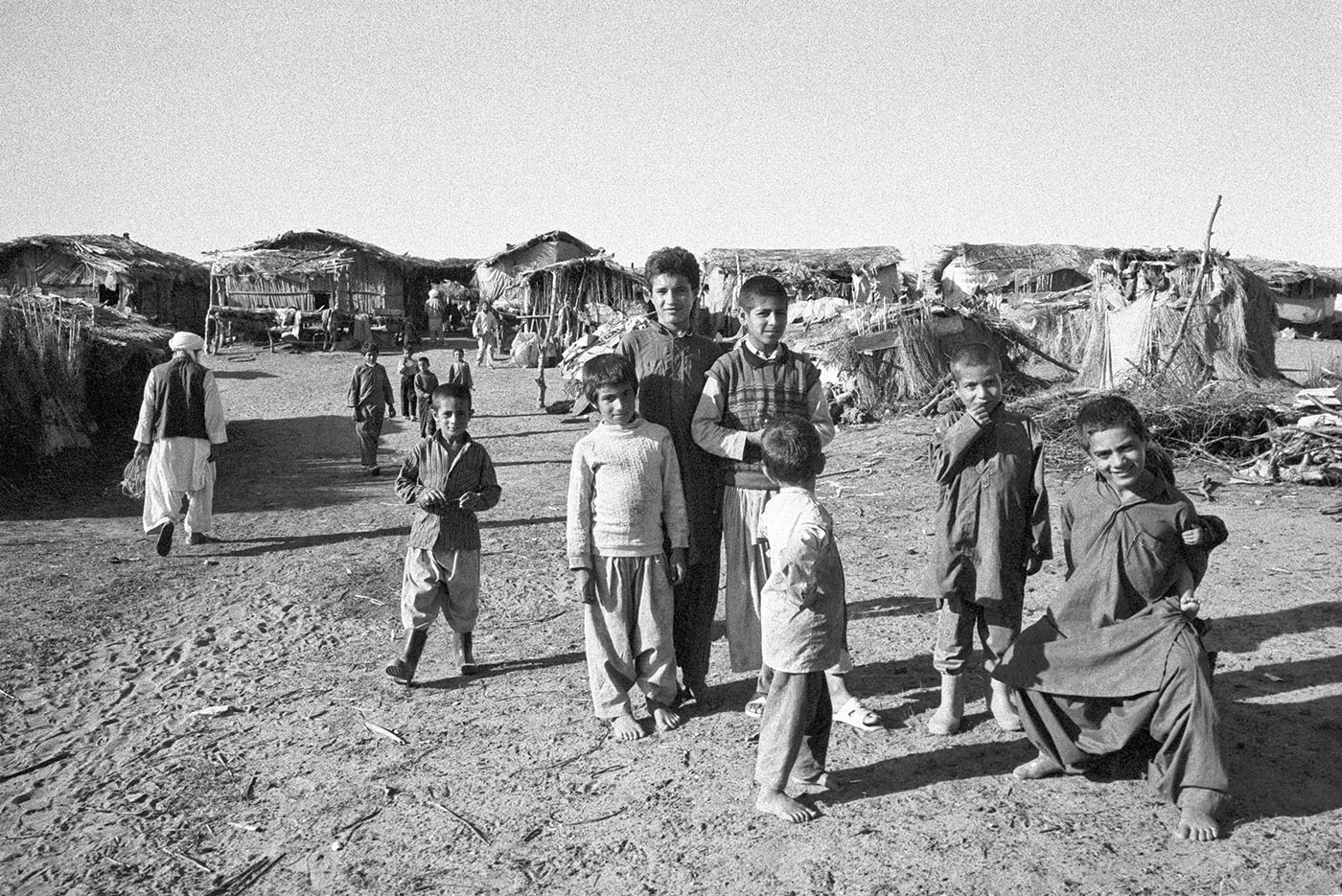
Peyman Hooshmandzadeh (photos and text)
Translated from the Persian by Salar Abdoh
In Iran, Afghan refugees have been a part our everyday lives for over four decades now. Their stories amaze and trouble us, and probably more so because their land is so near and in so many ways they could be us — their language, their frames of reference to classical Persian verse, their heroes from our shared mythologies. And yet, running into this particular group of refugees in a manmade nowhereland just a stone’s throw away from the Caspian Sea —not more than four kilometers from an amusement park by the beach —stunned us day trippers into a retreat.
We had taken the backroads to reach somewhere quiet where we could go swimming. Now we suddenly were surrounded by these families who spoke an almost otherworldly iteration of our shared language.
They immediately took us for journalists who had come to interview them. Their wants were basic — water, when they (a landlocked nation) were not more than a few minutes’ drive from the sea; electricity, when a power relay station was barely a hundred meters off; and, of course, a place where they could rest at nights and not have to worry about sand from the sea blowing into their sleep.
Their world away from the world was made of bamboo and sand. This was the north and they looked like no one from the north of the country. It took only a minute to realize who they were, though why they were there and how they had gotten there was a mystery. We were too nonplussed to ask them anything. It was they who did the asking, believing that surely we had come to report on their woeful conditions and somehow save them.
The odd convergence of intent and reality silenced us. Yes, we were writers and photographers. But we had come here not to report or write today; instead we were here to get wasted on booze and swim a little. We were on a brief holiday. Yet the ever-present camera in my hand made these families certain we had come to inquire about their lives. Children surrounded us, each pulling us toward their own rickety hut.
We were veterans of these images. I for one had already travelled to Afghanistan more than once on shooting assignments. But in that summer of 1998, when I still used negatives for picture taking, and the Taliban were firmly in control of most of their country and it would be a long time yet before the Americans made their ruinous entry, we had imagined, and rightly so, that the Caspian shore would be the absolute last place in Iran where we’d find a gathering of completely isolated refugees. It was as if time itself, and certainly the authorities, had utterly forgotten about this place.
We slowly began to withdraw — not toward the intended beach, but the way we’d come. An afternoon of debauchery was certainly out of the question now. We wore the unbearable guilt of men and women who would shortly go back to the routines of their comfortable lives at the capital. And when the refugees asked if we would make their voices heard in that faraway place, we nodded our heads and said yes, we surely we would.
We never did.




